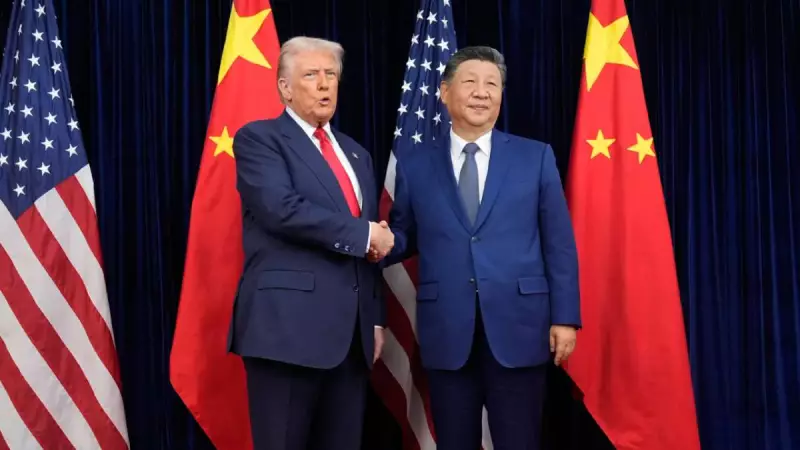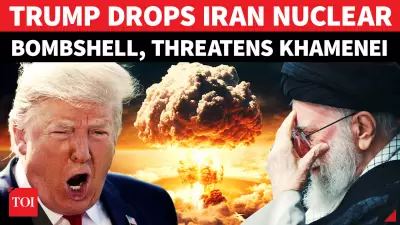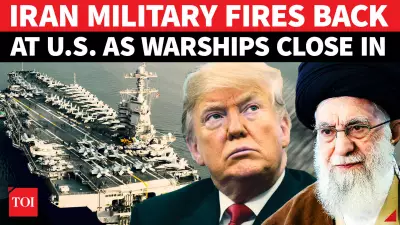
In a significant diplomatic engagement that could shape global economic dynamics, Chinese President Xi Jinping met with former US President Donald Trump, addressing the ongoing trade tensions between the world's two largest economies with surprising candor.
'Normal' Economic Friction Between Superpowers
During their crucial meeting, President Xi Jinping made a striking observation about US-China relations, stating that it's "normal for two leading economies to have friction." This acknowledgment comes amid years of trade disputes and economic competition that have characterized the relationship between Washington and Beijing.
Key Highlights from the High-Stakes Meeting
- Mutual Respect: Both leaders emphasized the importance of maintaining respectful dialogue despite differences
- Economic Realism: Xi's characterization of friction as "normal" signals a pragmatic approach to bilateral relations
- Future Cooperation: Discussions touched upon areas where both nations could find common ground
- Global Impact: The meeting's outcomes could influence international markets and trade policies
What This Means for Global Trade
The candid acknowledgment from the Chinese leadership that economic friction is expected between superpowers represents a significant shift in diplomatic rhetoric. This pragmatic approach could pave the way for more transparent discussions about trade imbalances, technology transfers, and market access.
Experts suggest that this meeting could set the tone for future US-China economic relations, potentially moving from confrontation to managed competition with clearer rules of engagement.
The Bigger Picture: Beyond Trade Disputes
While economic issues dominated the conversation, the meeting also touched upon broader geopolitical concerns. Both leaders recognized that the US-China relationship extends beyond trade, affecting global security, climate initiatives, and technological innovation.
The dialogue between these two powerful figures comes at a critical juncture in international relations, with many observers watching closely for signals about how the world's most important bilateral relationship might evolve in the coming years.






